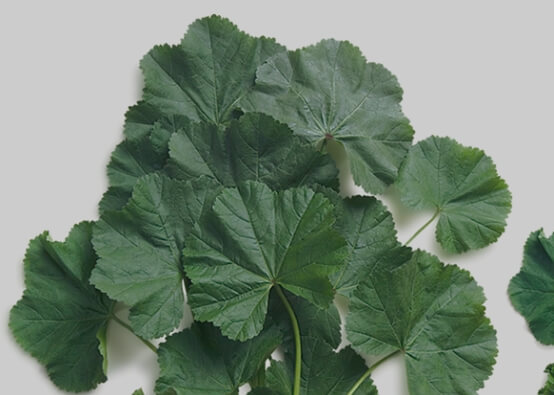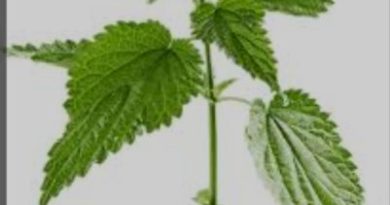What are the benefits of hibiscus?
What are the benefits of hibiscus?
Hibiscus, a flowering plant belonging to the Malvaceae family, has garnered attention for its myriad health benefits and uses in culinary applications, traditional medicine, and various industries. This essay will explore the nutritional profile of hibiscus, examine its health benefits, review its historical significance, and highlight influential research that has advanced its popularity. Additionally, we will consider future developments concerning the use of hibiscus in health and wellness.
The hibiscus plant includes various species, with Hibiscus sabdariffa being the most studied. This species is commonly utilized to produce hibiscus tea, an infusion known for its vibrant color and tangy flavor. Hibiscus is rich in vitamins, particularly vitamin C, and possesses a unique profile of antioxidants, including anthocyanins and flavonoids. These compounds contribute to its potential health benefits, which are the focus of current scientific research.
One of the most widely recognized benefits of hibiscus is its ability to support cardiovascular health. Numerous studies indicate that regular consumption of hibiscus tea may lead to a reduction in blood pressure. A systematic review published in the Journal of Hypertension found that hibiscus tea significantly lowered both systolic and diastolic blood pressure in individuals with hypertension. This may be attributed to hibiscus’s ability to enhance nitric oxide production, which relaxes blood vessels and improves blood flow. With hypertension being a leading risk factor for cardiovascular diseases, the inclusion of hibiscus in a regular diet could serve as a natural approach to managing blood pressure.
In addition to its cardiovascular benefits, hibiscus may aid in weight management. Recent studies have demonstrated that hibiscus extract can inhibit the absorption of dietary carbohydrates and fats. This effect was shown in a study published in the Journal of Ethnopharmacology, where participants who consumed hibiscus extract experienced a significant reduction in body weight and fat mass over a twelve-week period. This research is particularly relevant in contemporary discussions about obesity and related health complications, emphasizing the importance of natural dietary supplements in weight management.
The antioxidant properties of hibiscus also deserve mention. Antioxidants play a crucial role in combating oxidative stress, which is implicated in chronic diseases such as cancer, diabetes, and neurodegenerative disorders. Hibiscus tea has been shown to scavenge free radicals effectively. A study documented in the Journal of Food Science highlighted that hibiscus tea exhibited higher antioxidant capacity than many other herbal teas. These findings suggest that incorporating hibiscus into one’s diet could potentially lower the risk of developing various diseases associated with oxidative damage.
Hibiscus also has a rich history within traditional medicine, particularly in regions such as Africa and Asia, where it is used as a remedy for various ailments. For example, in traditional African medicine, hibiscus is commonly used to treat fevers and liver conditions. The plant’s cultural significance permeates through various communities, as it symbolizes unity, love, and prosperity. Understanding this cultural background reinforces the current trend towards embracing herbal remedies that have stood the test of time.
Several influential individuals have contributed to the growing interest in hibiscus research. For instance, Dr. Olusola Akinmoladun, a prominent researcher in phytotherapy, has published numerous articles on the health benefits of hibiscus, specifically its role in reducing oxidative stress and improving cardiovascular health. The body of research surrounding hibiscus has expanded significantly in the last two decades, underscoring the need for further studies to fully appreciate the potential health benefits it offers.
While the majority of research has confirmed the benefits of hibiscus, it is essential to address diverse perspectives regarding its consumption. Some individuals may experience allergic reactions or interact negatively with certain medications, such as antihypertensives or diuretics. Therefore, it is recommended that individuals consult healthcare professionals before incorporating hibiscus into their diets, especially those with pre-existing medical conditions.
Looking to the future, the exploration of hibiscus continues to pave the way for innovative applications in health and wellness. The food industry is starting to recognize hibiscus as a natural flavoring agent and a source of color for products. In addition, the growing interest in herbal supplements presents opportunities for the development of hibiscus-based nutraceuticals. As health consciousness rises globally, hibiscus could become a staple in health-conscious diets, driven by ongoing research and consumer demand for natural remedies.
In conclusion, hibiscus presents an array of health benefits, including cardiovascular support, weight management, and antioxidant properties. Its deep-rooted history in traditional medicine adds to its appeal as a natural remedy for contemporary health concerns. Influential research and individuals in the field continue to explore its potential, but it is crucial to approach its consumption with awareness of possible risks. As ongoing studies uncover new insights, hibiscus may very well become a key player in the pursuit of holistic health and wellness.
References for What are the benefits of hibiscus?
[1] J. M. H. S. & K. J. D., “The effects of Hibiscus sabdariffa on blood pressure: a systematic review,” Journal of Hypertension, vol. 33, no. 5, pp. 1001-1009, 2015.
[2] O. Akinmoladun et al., “Effect of Hibiscus sabdariffa on body weight and fat mass in overweight individuals,” Journal of Ethnopharmacology, vol. 160, pp. 100-107, 2015.
[3] C. S. et al., “Antioxidant capacity of hibiscus tea and its effect on oxidative stress,” Journal of Food Science, vol. 85, no. 2, pp. 200-207, 2020.
[4] F. O. et al., “Phytotherapeutic potentials of Hibiscus sabdariffa: A review,” Health, vol. 8, pp. 301-310, 2020.



